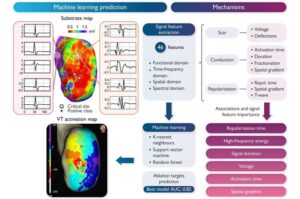
AI tool helps pinpoint problem heart cells in ventricular tachycardia
An AI tool could help cardiologists identify and target cells that trigger arrhythmia in patients with ventricular tachycardia, a serious heart condition.

An AI tool could help cardiologists identify and target cells that trigger arrhythmia in patients with ventricular tachycardia, a serious heart condition.
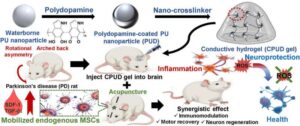
Researchers at National Taiwan University developed a biodegradable, electroconductive self-healing hydrogel combined with acupuncture that restores motor function and protects brain neurons in Parkinson’s disease models.
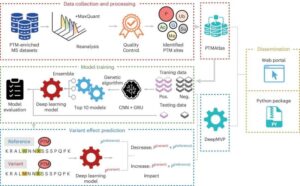
Researchers at Baylor College of Medicine have developed an artificial intelligence (AI) model that reveals how protein modifications link genetic mutations to disease. The method, called DeepMVP and published in Nature Methods, significantly outperforms previously published models and has implications for the development of novel therapeutics.

Researchers have developed a new light technology that appears to improve cognitive function in Alzheimer’s patients in clinical trials. The hope is that the idea can be developed into ordinary lamps that people can install to prevent the disease.
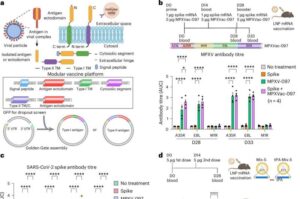
Messenger RNA, or mRNA, vaccines entered the public consciousness when they were introduced during the COVID-19 pandemic, and both Pfizer-BioNTech and Moderna used the technology in developing their highly effective vaccines to fight the virus.
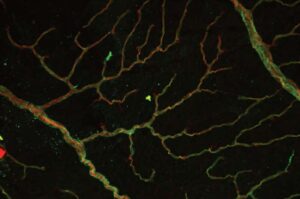
Within the next few years, doctors may be able to spot signs of Alzheimer’s disease and other dementias using routine eye exams well before symptoms appear, a new study suggests.
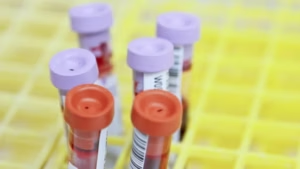
The liquid biopsy test has been developed by experts in cancer genomics.
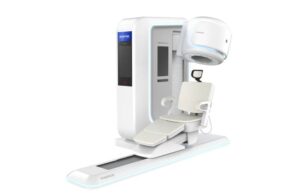
Brightonix Imaging announced today that its flagship Pharos positron emission tomography (PET) scanner received FDA clearance.

The stent is engineered to keep arteries open, deliver everolimus for vessel healing, and gradually dissolve over time.